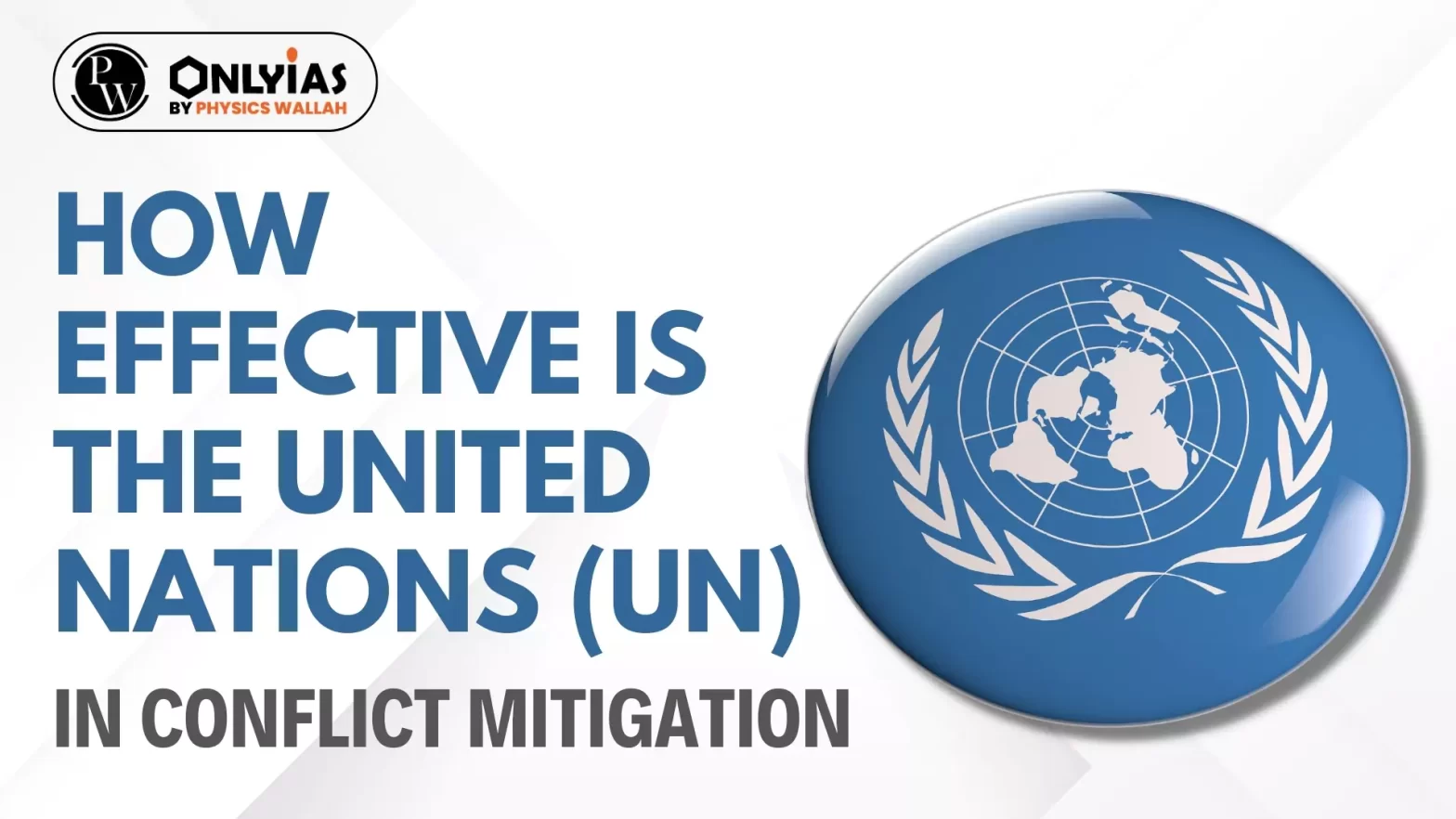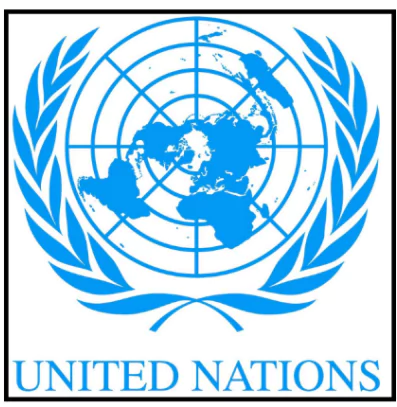![]() 27 Feb 2024
27 Feb 2024

This editorial is based on the news “How effective is the UN in conflict mitigation” which was published in the Pioneer. From structural drawbacks to the intertwined interests of its members, the United Nations (UN) faces myriad obstacles in its quest for global harmony.
| Relevancy for Prelims: United Nations, UNSC Reform, and Is The United Nations Toothless In Ending Wars?.
Relevancy for Mains: important International Institutions, agencies, their structure and mandate, Dispute Resolution Mechanisms for conflict mitigation. |
|---|
The League of Nations, established after World War I (1914-1919), aimed to prevent future wars but ultimately failed to prevent World War II (1939-1945), leading to the creation of the United Nations.

Addressing structural issues within the Security Council, enhancing peacekeeping capabilities, and promoting diplomatic solutions are imperative for the UN to adapt to the demands of a complex global landscape.
| Prelims PYQ (2022):
With reference to the “United Nations Credentials Committee”, consider the following statements: 1. It is a committee set up by the UN Security Council and works under its supervision. 2. It traditionally meets in March, June and September every year. 3. It assesses the credentials of all UN members before submitting a report to the General Assembly for approval. Which of the statements given above is/are correct? (a) 3 only (b) 1 and 3 (c) 2 and 3 (d) 1 and 2 Ans: (a) |
|---|
| Mains Question: Discuss the impediments India is facing in its pursuit of a permanent seat in UN Security Council. (250 words, 15 Marks) |
|---|
| Must Read | |
| NCERT Notes For UPSC | UPSC Daily Current Affairs |
| UPSC Blogs | UPSC Daily Editorials |
| Daily Current Affairs Quiz | Daily Main Answer Writing |
| UPSC Mains Previous Year Papers | UPSC Test Series 2024 |
<div class="new-fform">
</div>